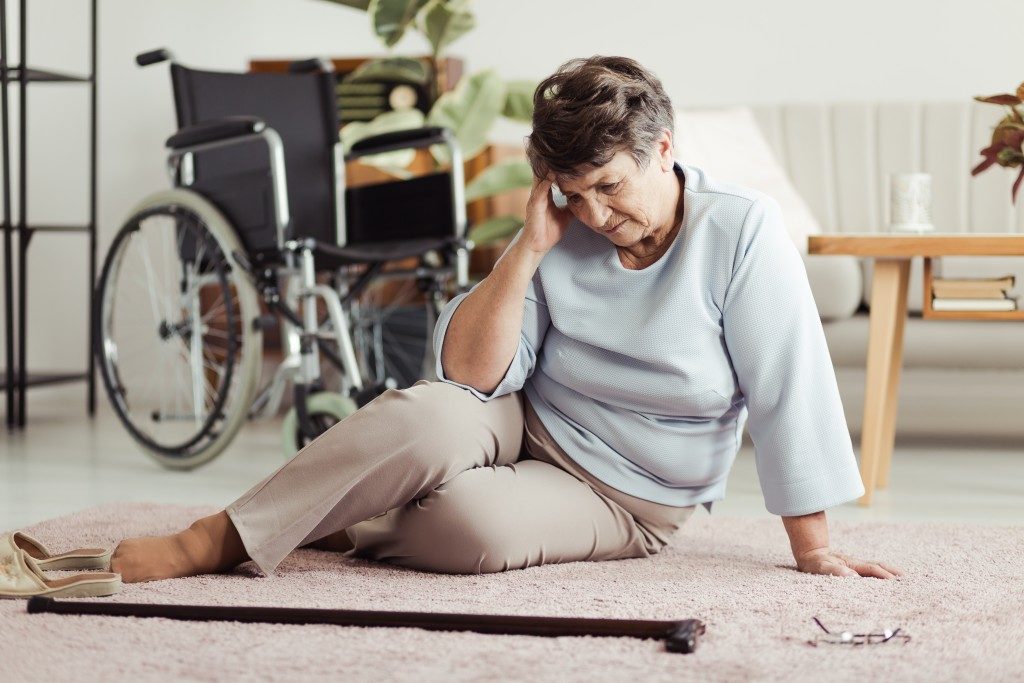Purchasing a second house, either as an investment or vacation home, is in many ways much like buying a primary home. For instance, you will have to ensure that the right amount of homeowners insurance covers your new house in the event that a disaster occurs.
However, there are certain risks involved when insuring a second house. That being said, below are some essential things you’d do well to be aware of when choosing the right insurance coverage for a second house.
1. Review your existing homeowner’s insurance policy.
If your primary home in NC is already covered by homeowner’s insurance, the first thing you need figure out is to see if your existing plan could cover your second house.
In the event that it does, you might not have to take out a new insurance policy for your rental or vacation home. Otherwise, you will have to take out a separate insurance plan for your second property.
2. Check what the plan for your second home covers.

The coverage you will require for a second house will be dependent on several factors such as how you plan on using the property. For instance, if you plan on renting it out, you may have to buy a more comprehensive plan that can cover the cost of a replacement should fire destroy your property, for example.
You can likewise consider taking out a rent loss insurance policy that will cover rental income loss after a serious incident or catastrophe. Besides safeguarding your second home’s structure, it is also a great idea to make certain that you have sufficient personal liability coverage.
For example, an umbrella insurance plan could provide your extra coverage in the event that someone gets injured on your property and wants to file a claim against you in court.
Lastly, you might opt to supplement your plan to cover things such as earthquakes, floods, or hurricanes, as the standard homeowner’s insurance plan doesn’t cover these incidents.
3. Shop around for a second home insurance policy.
Purchasing coverage for a second property is different than purchasing coverage for your primary home. Generally speaking, insurance providers see second homes as riskier to insure, particularly if the property is located in an area susceptible to natural disasters or if it’s going to be vacant for long periods of time.
With that said, when looking at your options, it is immensely vital that you keep a close eye on the insurance premiums because the cost of covering a second property is typically higher than insurance premiums for a primary home.
In order to keep your insurance costs low, consider buying property in a less risky location and securing the property with a security system. You can likewise request that your insurance provider give you some kind of discount if you are also buying another type of insurance policy from your provider.
Finally, don’t forget to read and thoroughly understand the terms and conditions of the policy prior to signing anything so that you don’t end up finding out that your coverage isn’t enough when you need it most.




